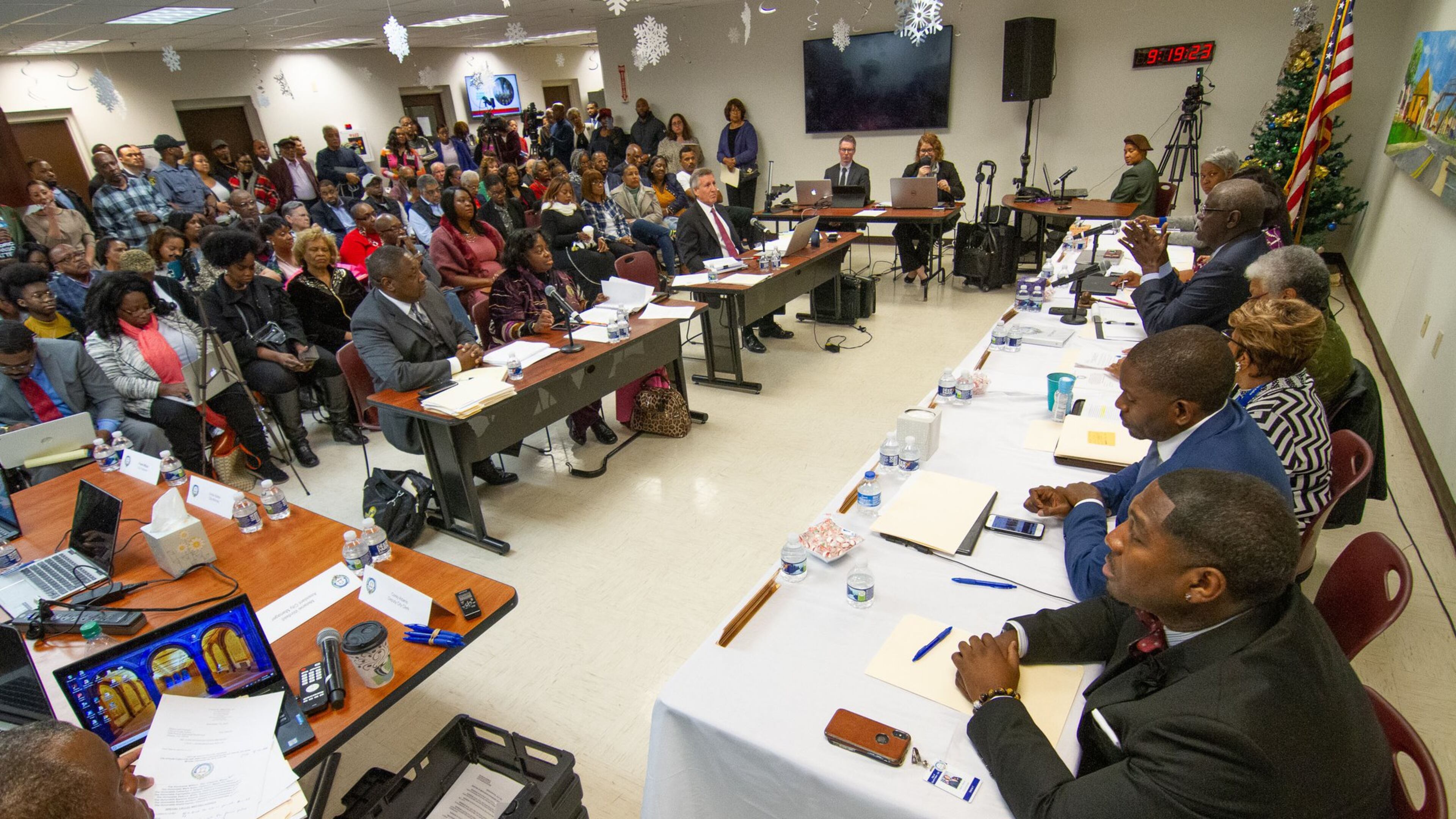State of emergency: Coronavirus changes how local governments meet

Clarification: It is legal for governments to hold teleconference meetings when under a state of emergency regardless whether it's a normally scheduled meeting, like city council, or an emergency called meeting. At least a dozen metro Atlanta governments have already opted to do this due to the coronavirus, though most have never had to use the tool before.
Original story: Many metro Atlanta governments are making emergency declarations related to the coronavirus and shifting their public meetings to teleconference, raising questions about public notice and access to meetings and agendas.
Under normal circumstances, meetings of public bodies like city councils and county commissions must be advertised in advance and open for the public to attend. But as the Centers for Disease Control and Prevention has discouraged gatherings of 10 people or more, public meetings are being moved to online video or phone conferences.
READ | Parks restricted, closed in Gwinnett to prevent coronavirus spread
In addition to the elimination of in-person meetings, cities are declaring a “state of emergency” that gives them broad power to convene emergency meetings and take votes with little advance notice to the public if they feel they must act urgently to protect the public.
Cities including Atlanta, Norcross, Brookhaven and Dunwoody have recently voted to enact states of emergency. Now, they’re trying to keep in compliance with open government laws.
Under an emergency declaration, governments still have to provide at least 24 hours notice of non-emergency meetings, like regular city council and committee meetings, according to Sarah Brewerton-Palmer, an attorney on the board of the Georgia First Amendment Foundation. Emergency meetings, like those added to approve the emergency orders, do not require 24 hours notice.
Local governments should not be using their emergency declarations as an excuse to shut out the public, Brewerton-Palmer said Wednesday.
“I would caution government entities this is not a time to be closing off meetings or making it harder to attend,” Brewerton-Palmer said. “Technologically, where we are these days, it should be very easy to allow the pubic access to the governmental process.”
In a teleconferenced meeting Wednesday, the Dunwoody City Council asked questions of their city attorney and manager about whether advance notice of emergency meetings was required. At one point, a member of the public who had dialed into the conference attempted to ask a question, but was told she was out of order and muted.
The council later voted to enact an emergency declaration.
The Georgia Open Meetings Act, which requires government meetings to be accessible to residents, allows teleconference meetings during emergencies. But when cities use that option, it does not exempt them from other public access requirements, including advance notice and public comment periods.
The open meetings law requires government entities to give at least 24 hours notice of a regular meeting and publish an agenda that’s made available to the public. Meetings must be in a location accessible to the public.
Brookhaven’s first city council meeting since Monday’s emergency declaration will be on March 24. The city is weighing options including using Facebook Live’s comment function and emailing questions and statements, according to spokesman Burke Brennan.
“Everything right now is changing due to the coronavirus concerns,” Brennan said. “Our in-person meetings will be completely different because they will be virtual meetings.”
Local governments under emergency declaration
Atlanta
South Fulton
Norcross
Brookhaven
Dunwoody
East Point
Lawrenceville
Clarkston
Roswell
Alpharetta
Sandy Springs
Gwinnett County


